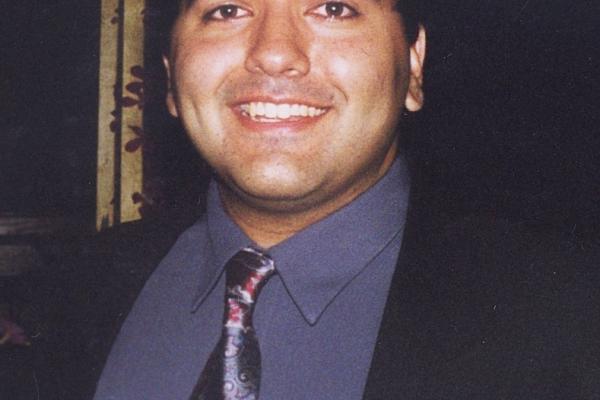Sep 11, 2013
It’s been five years now that Talat Hamdani has been able to talk about her son without crying, but she still prefers mostly not to tell his story.
“It’s all over the Internet,” she said.
She’s stopped talking about how she initially didn’t worry when her son, Mohammad Salman Hamdani, who was a cadet with the New York City Police Department, didn’t answer his cellphone that night; about how police questioned her and her husband when authorities couldn’t find their son’s body, to see if he had any terrorist connections; about the New York Post headline a month after the attacks — “Missing – Or Hiding? – Mystery Of NYPD Cadet From Pakistan,” that cast him as a suspect in the 9/11 attacks.
Read the Full Article

Already a subscriber? Login
